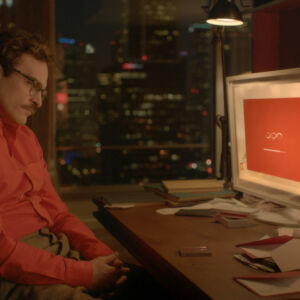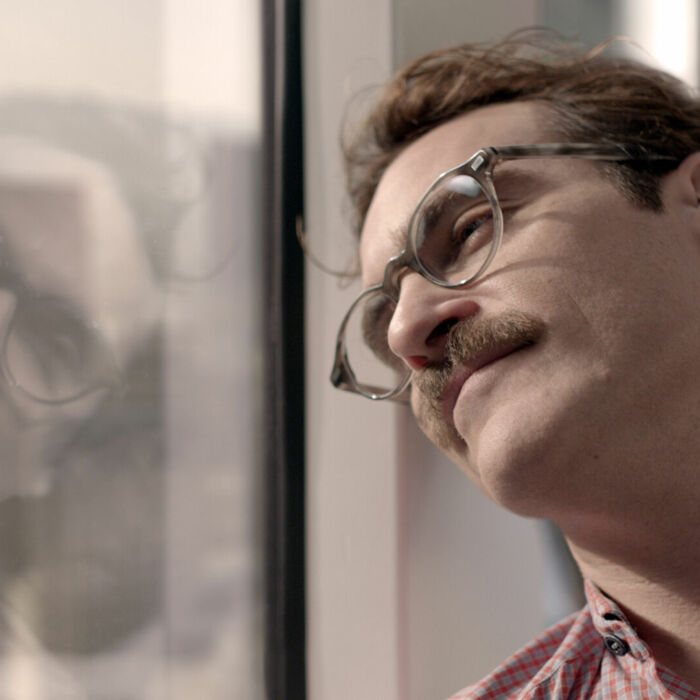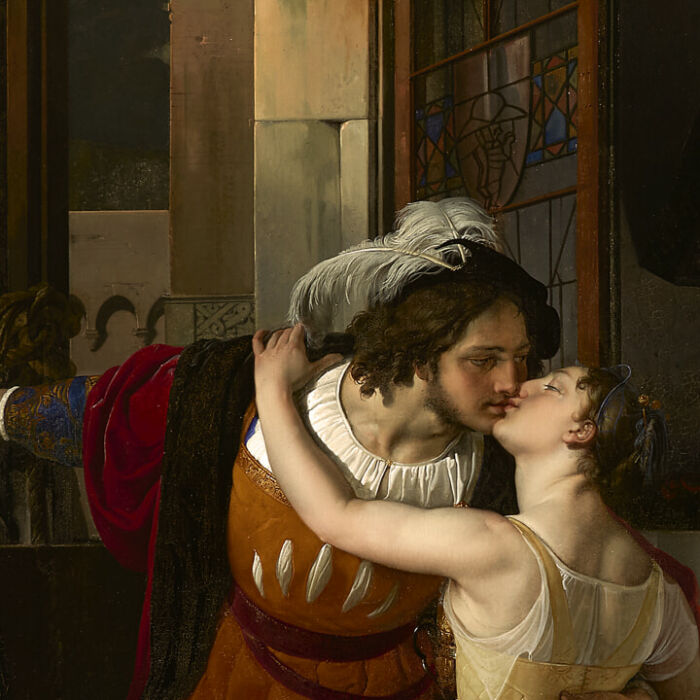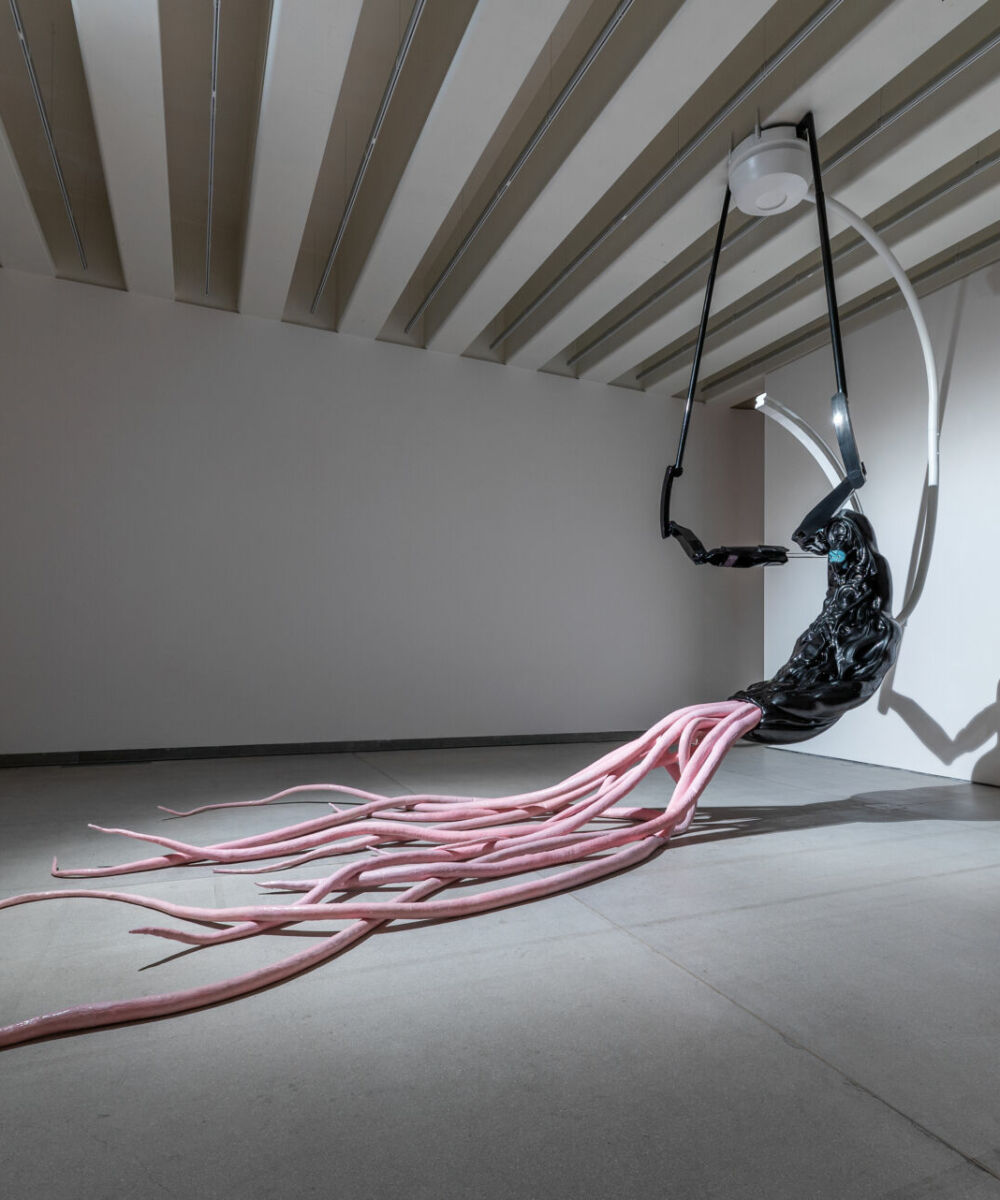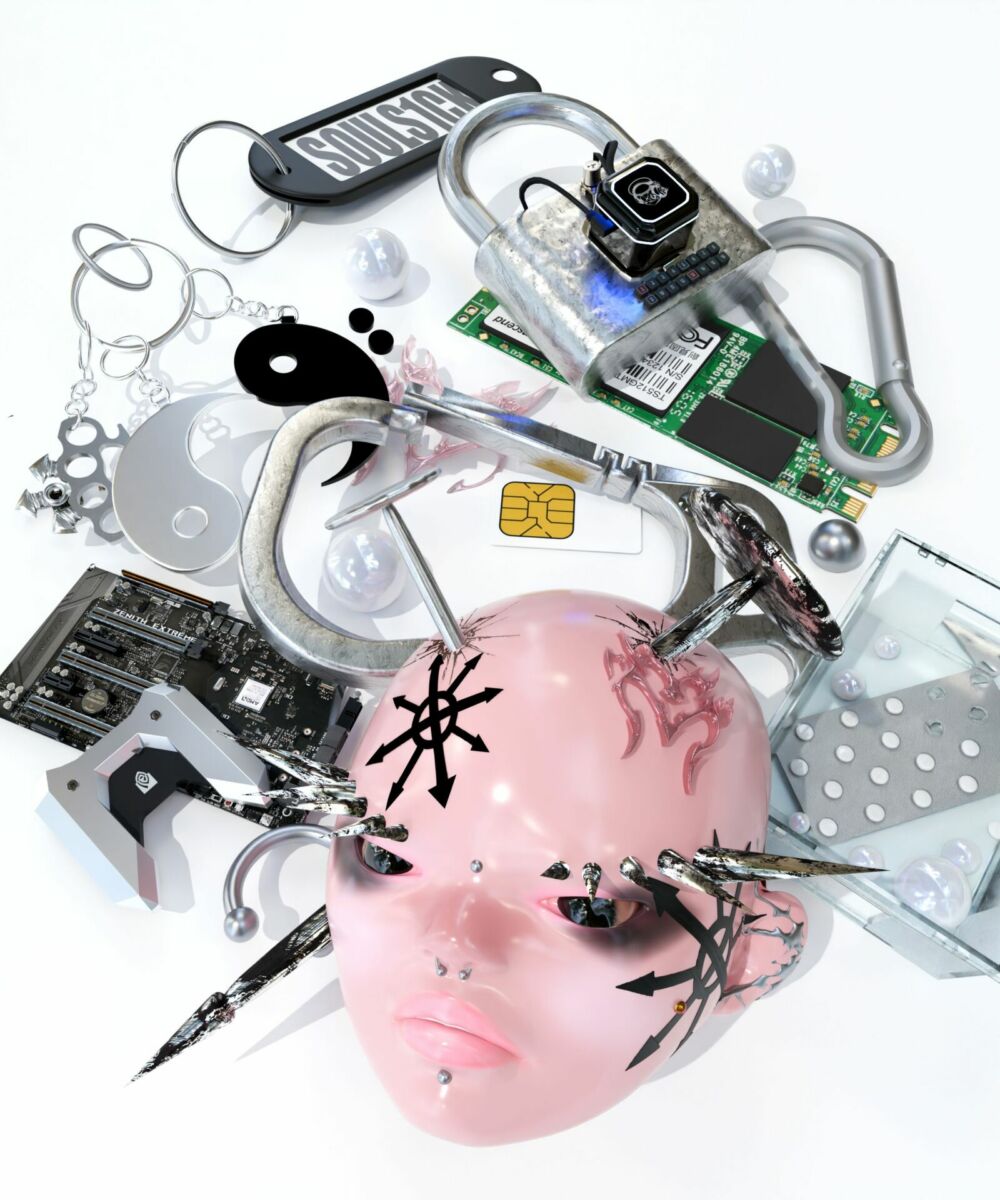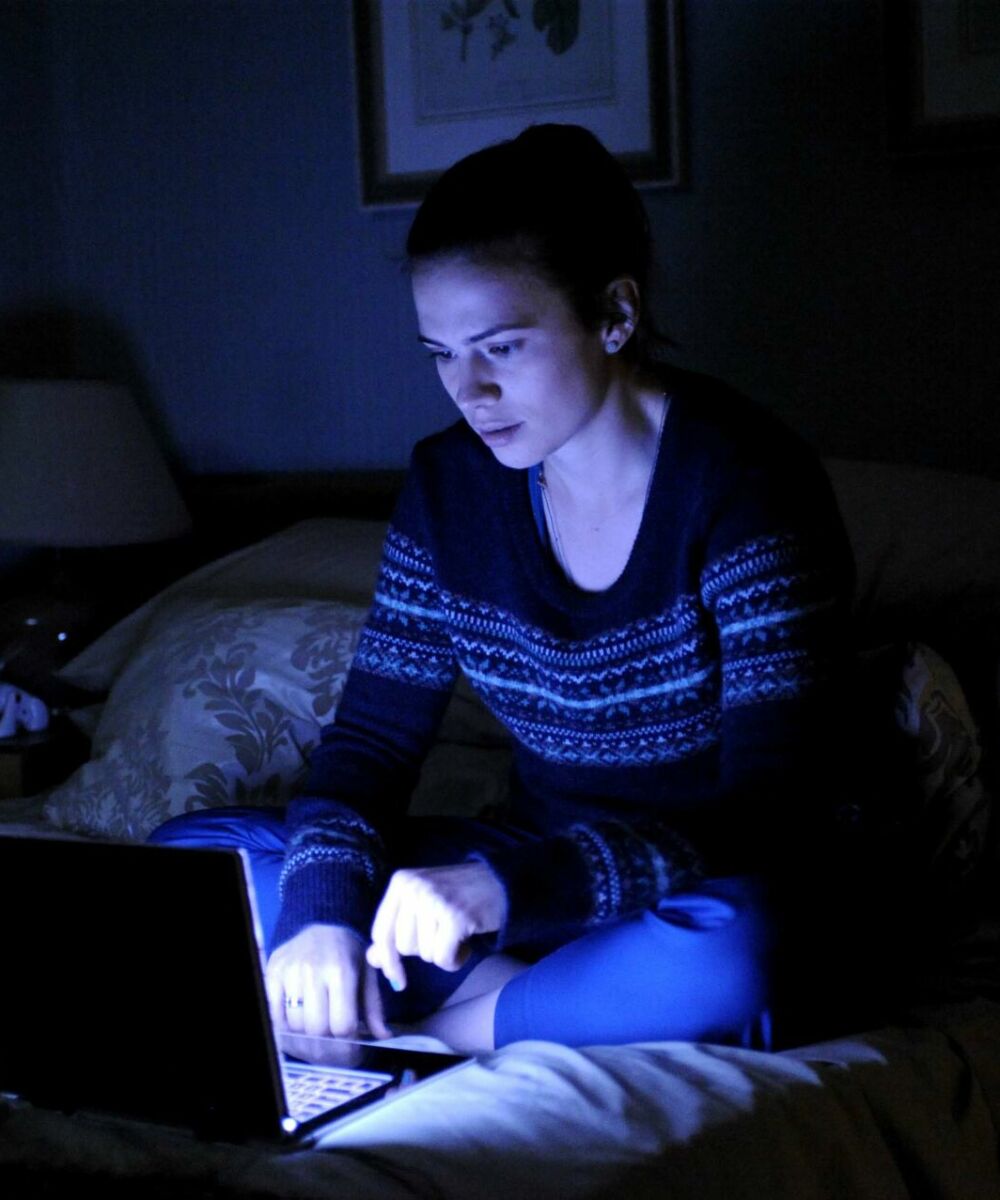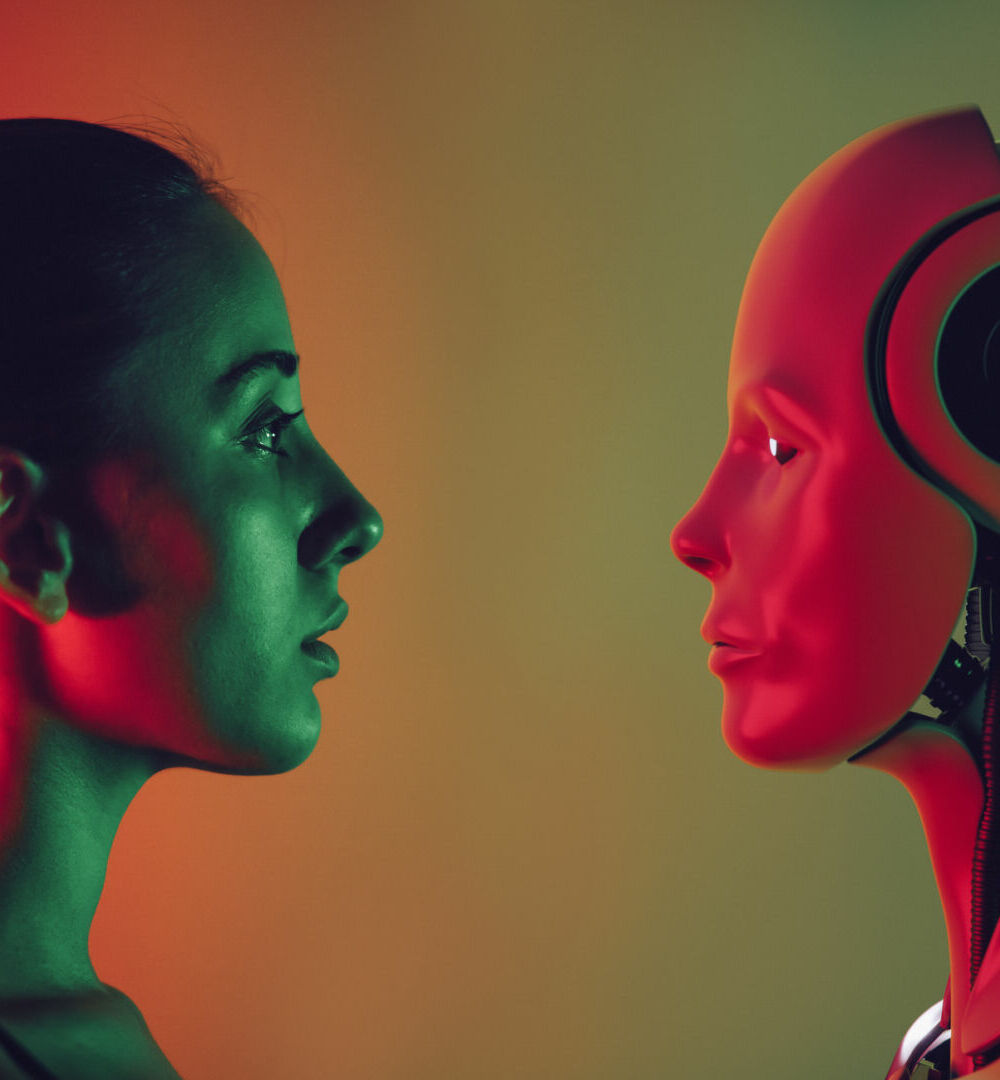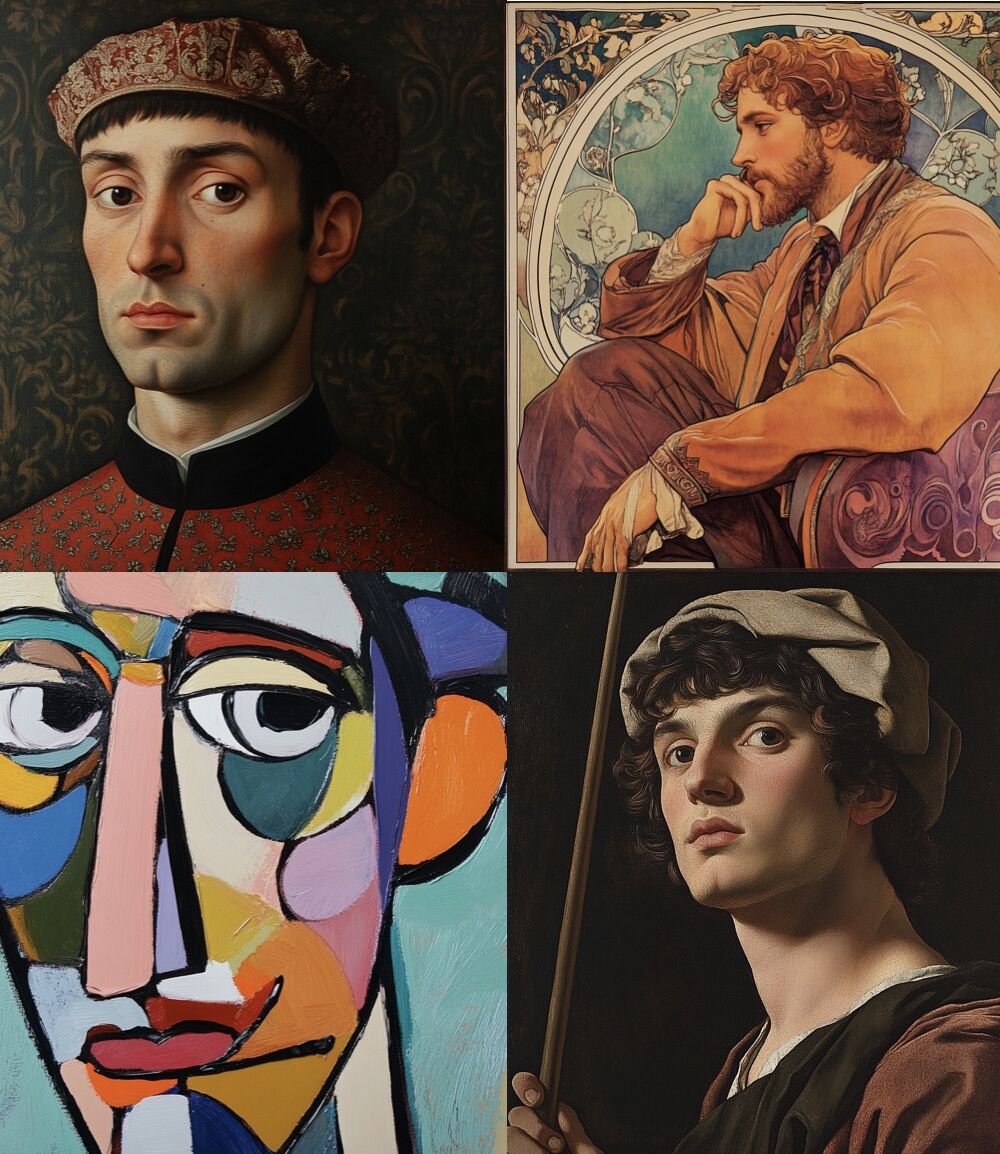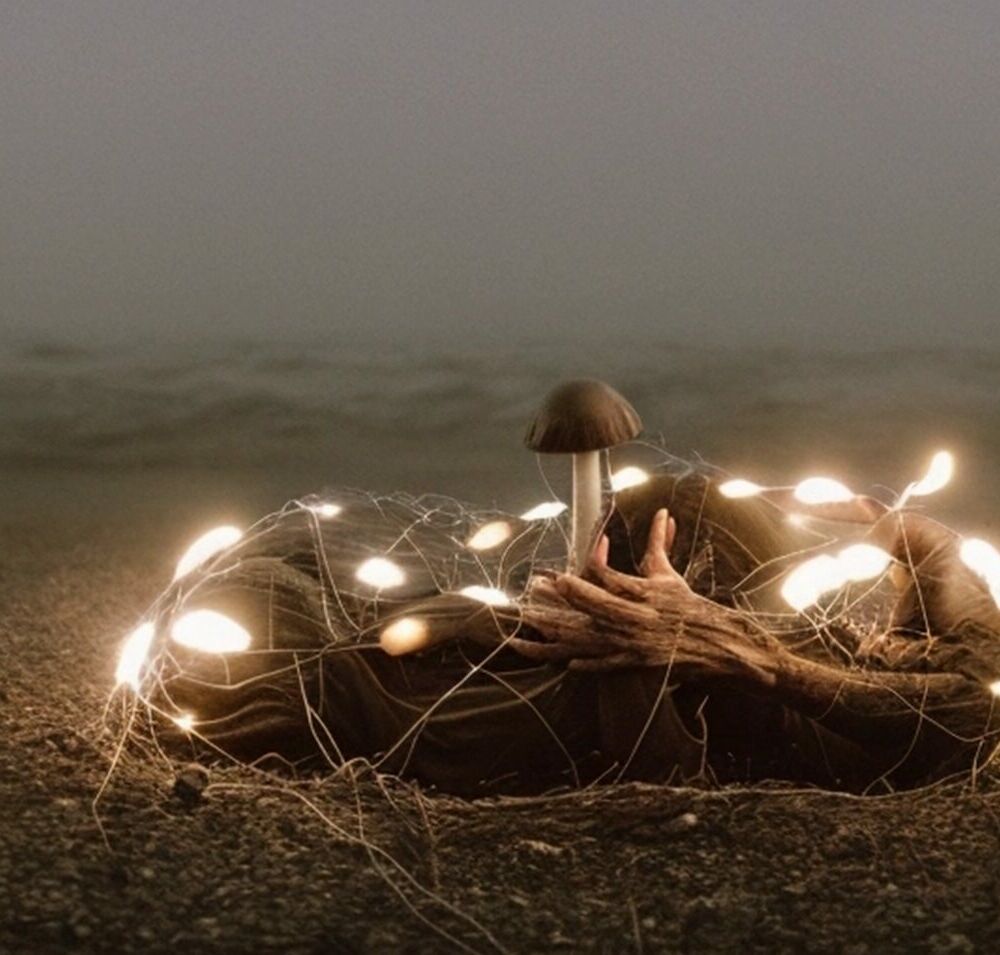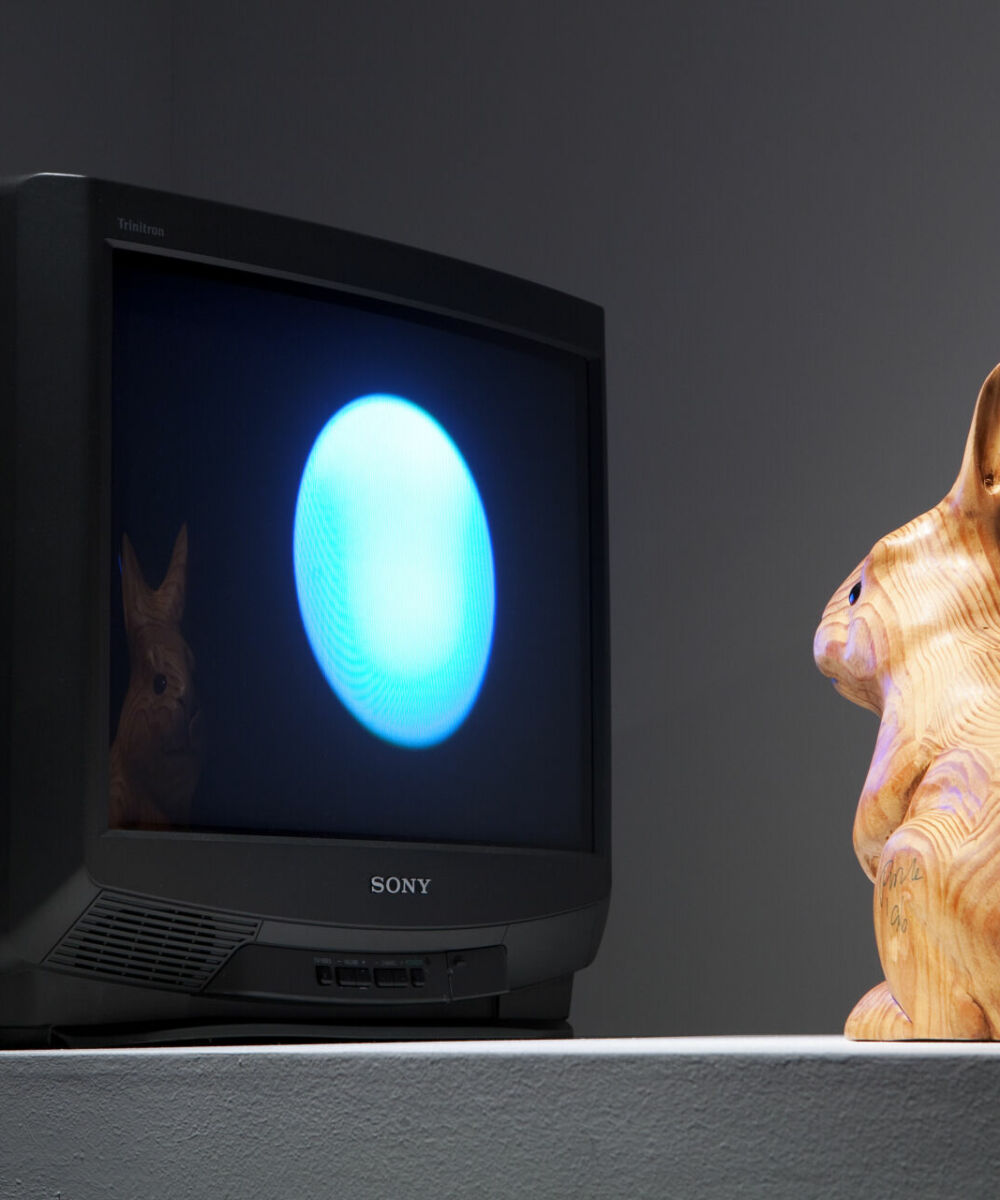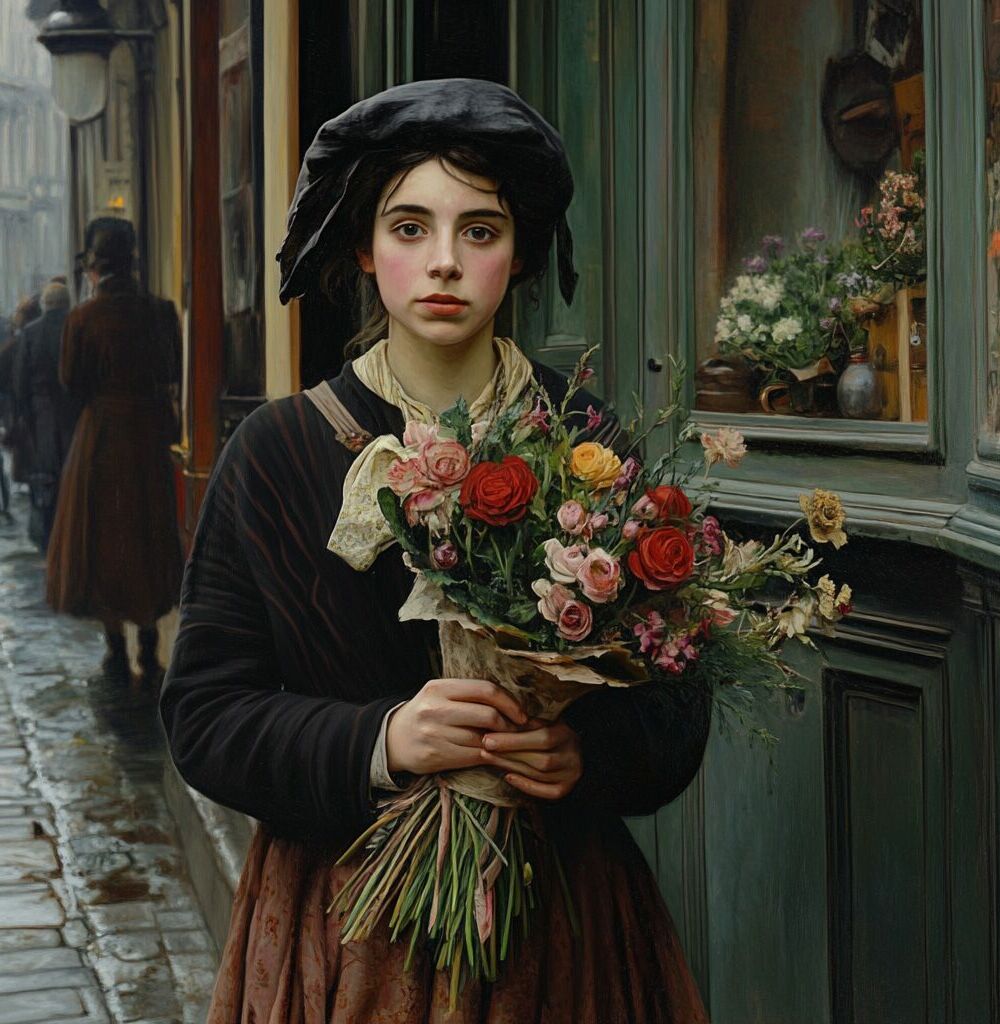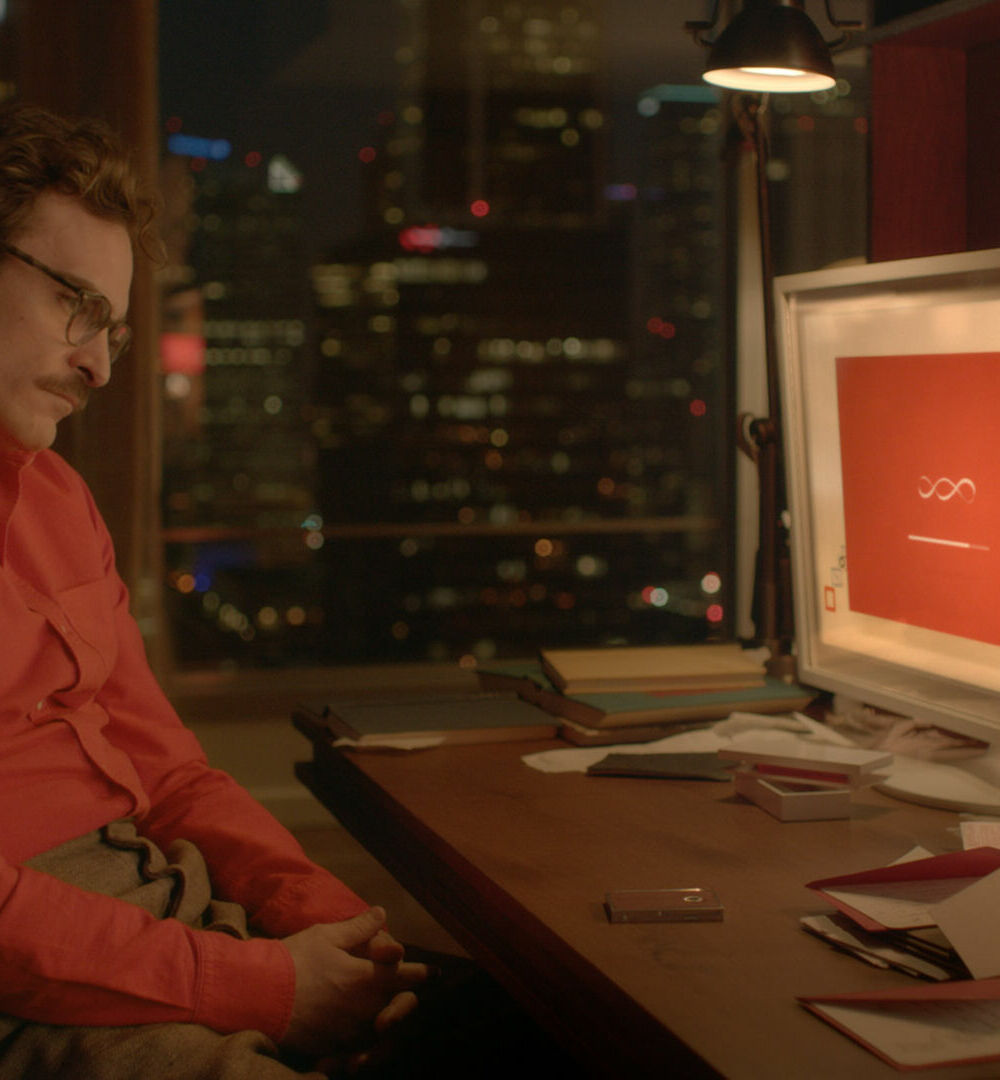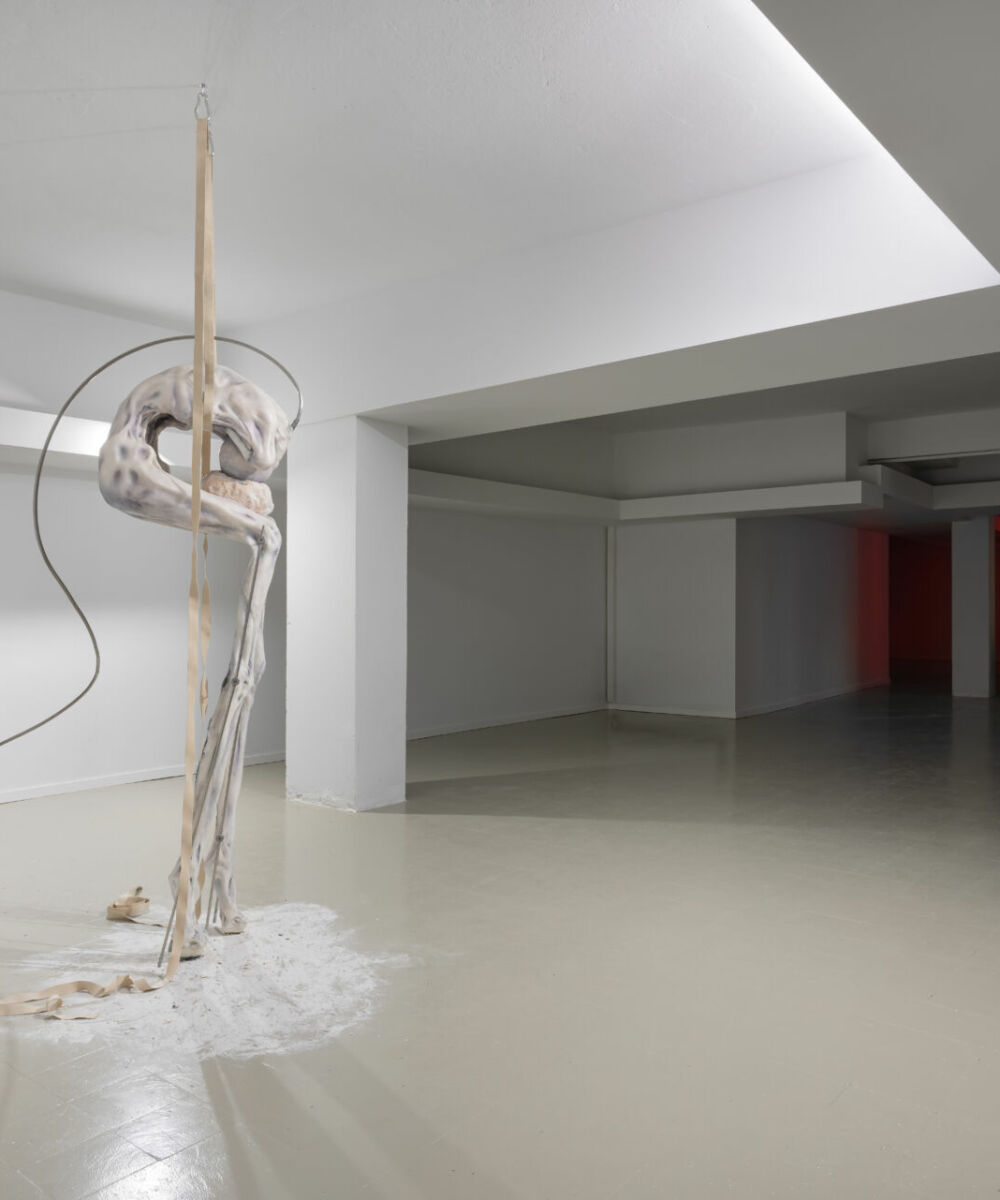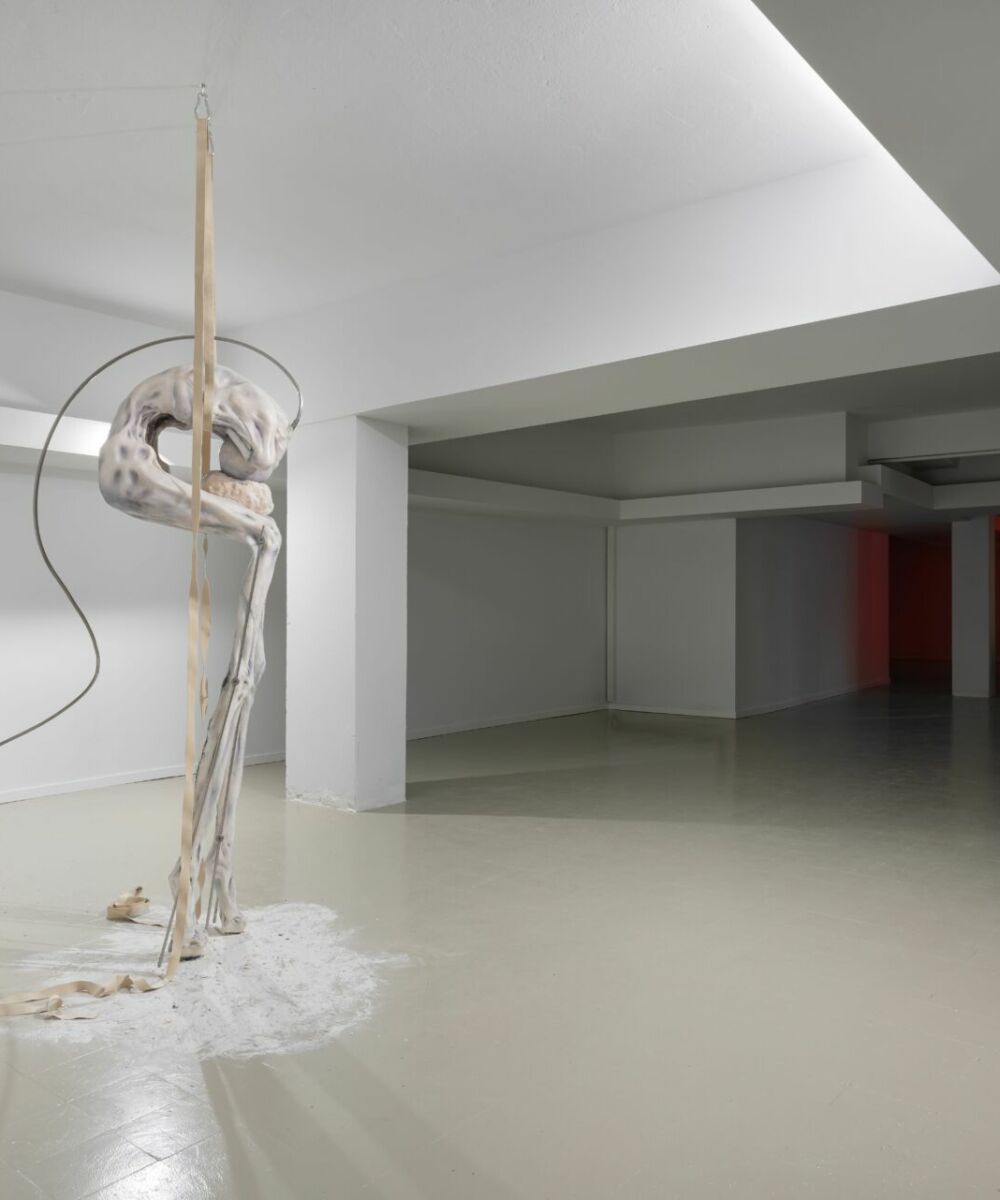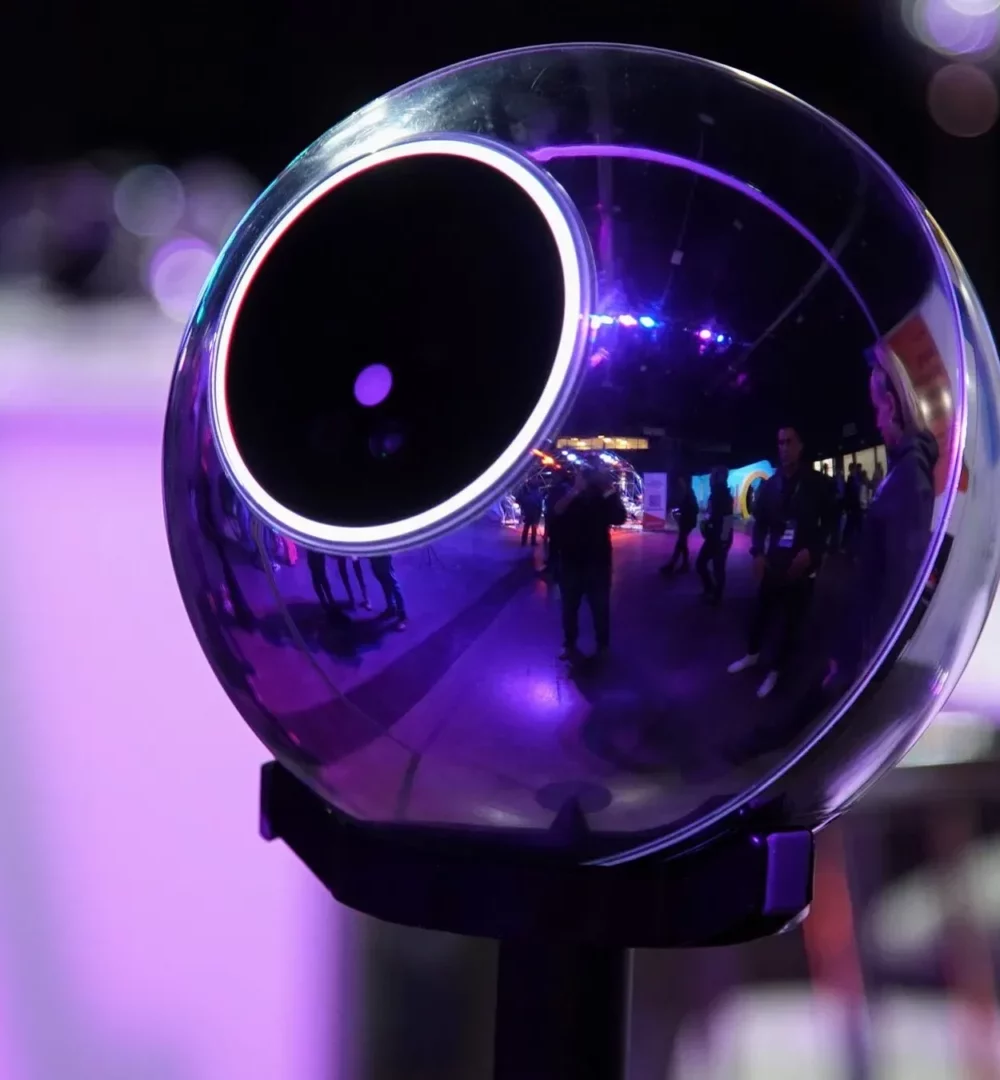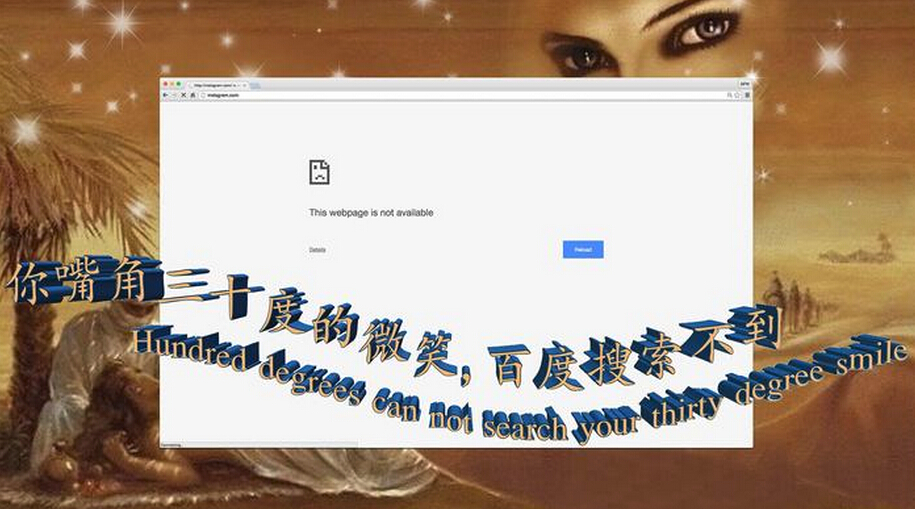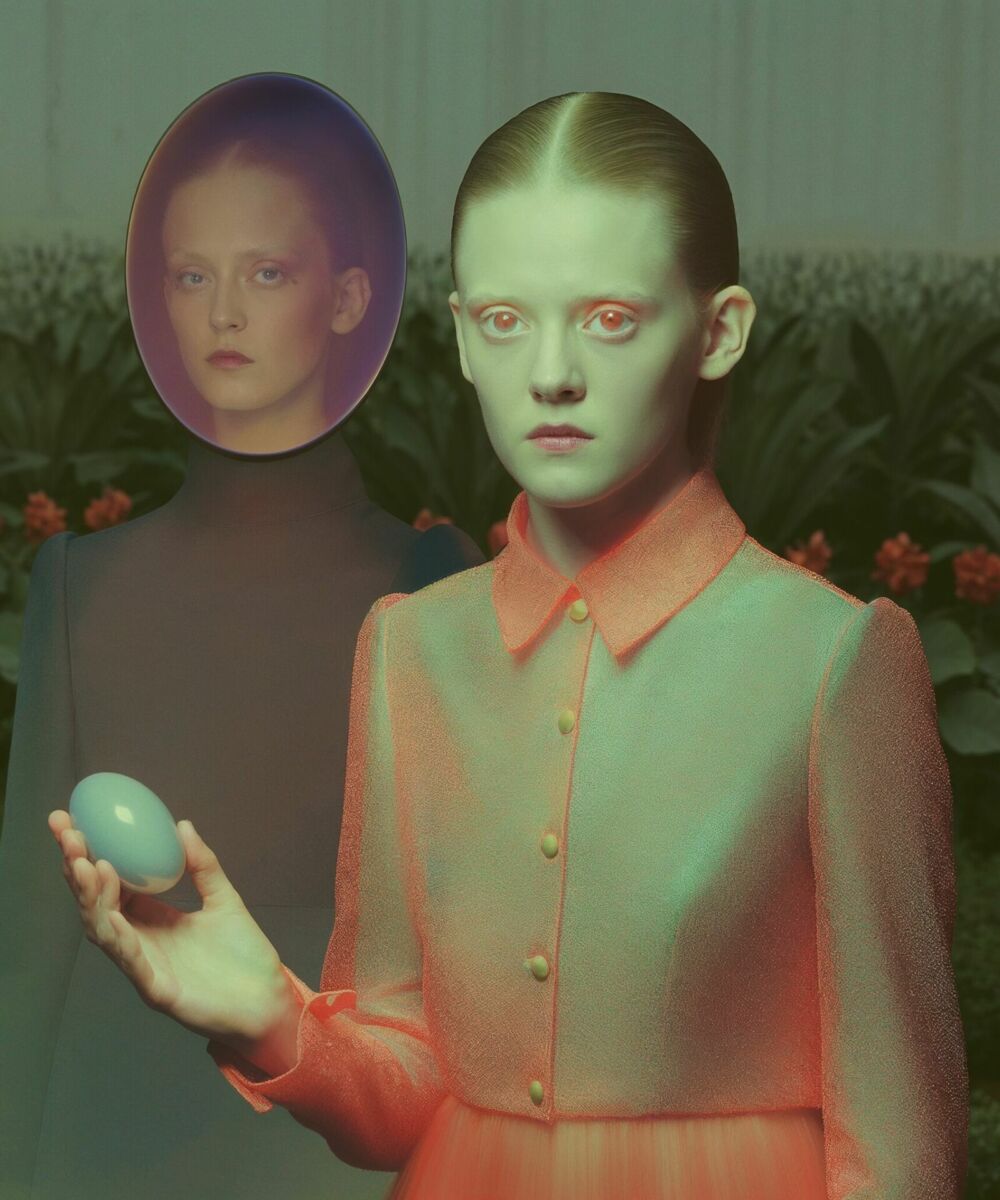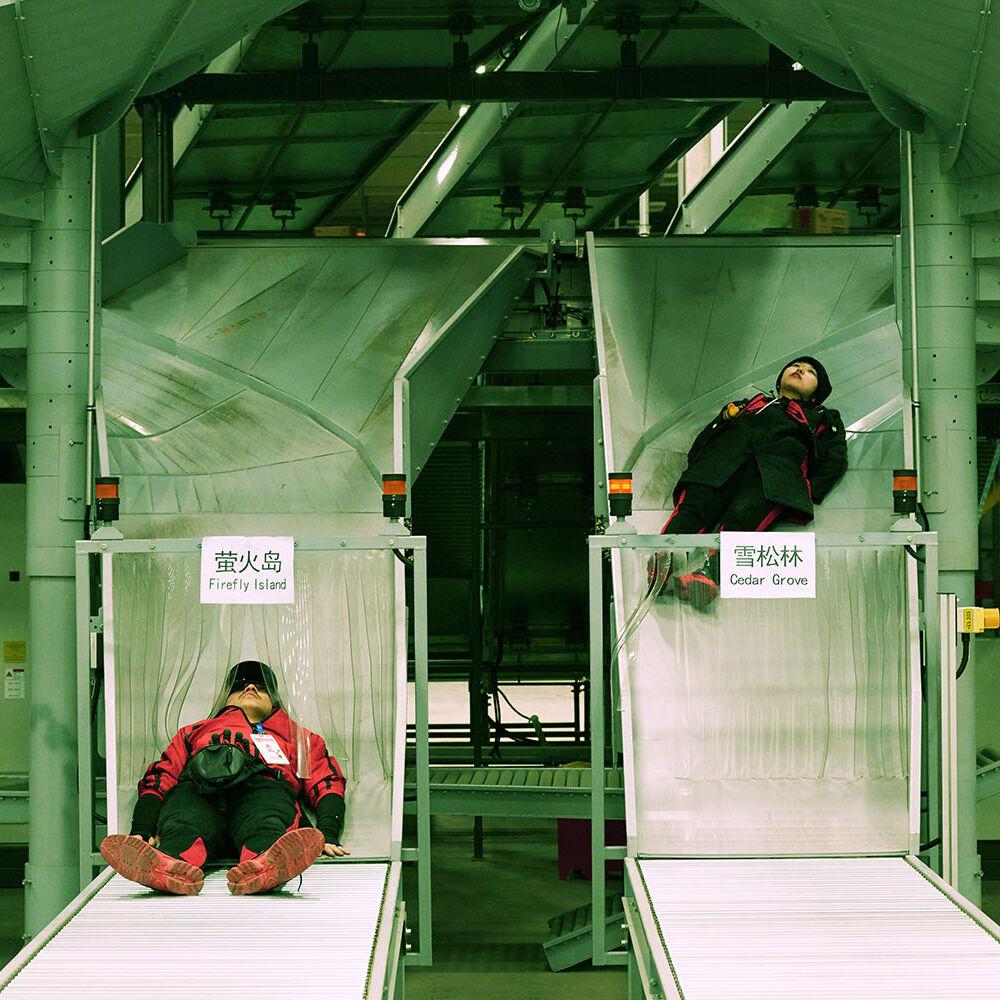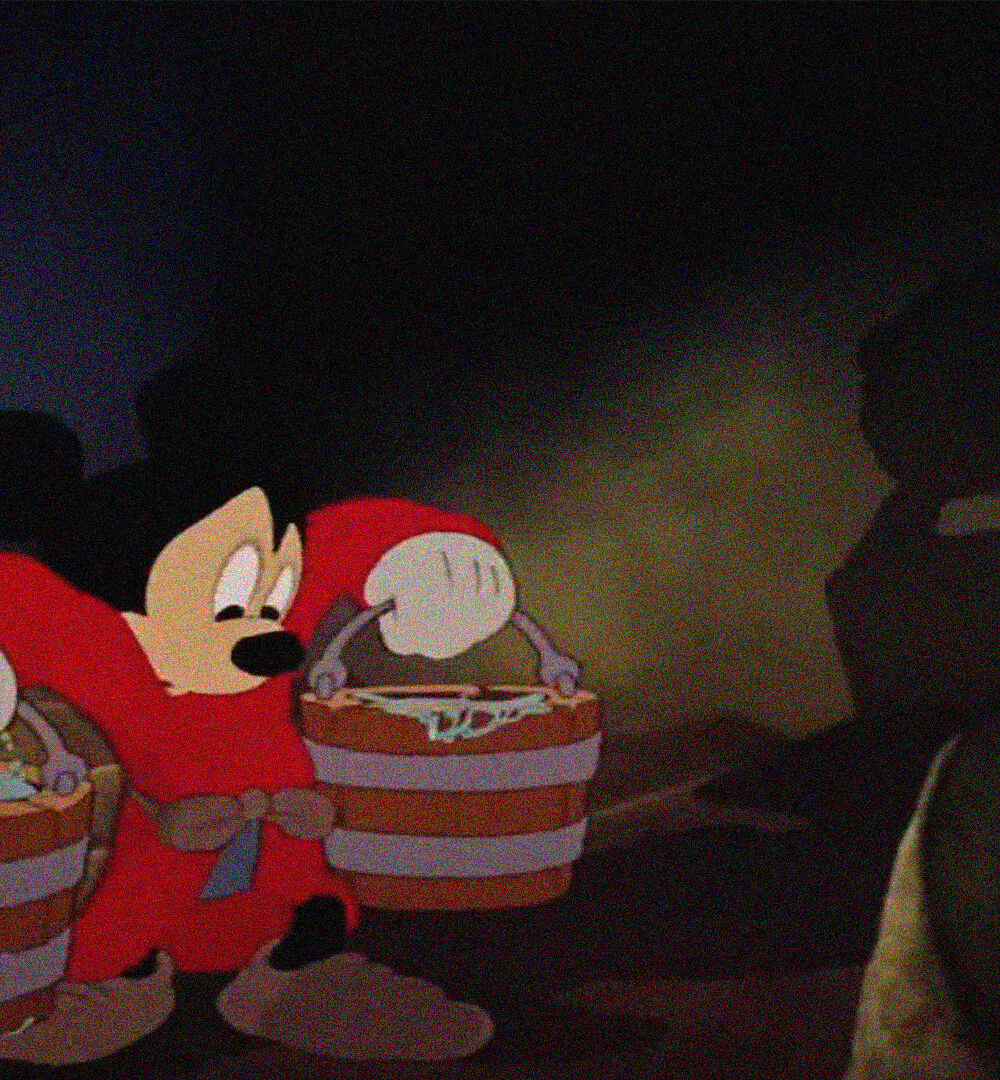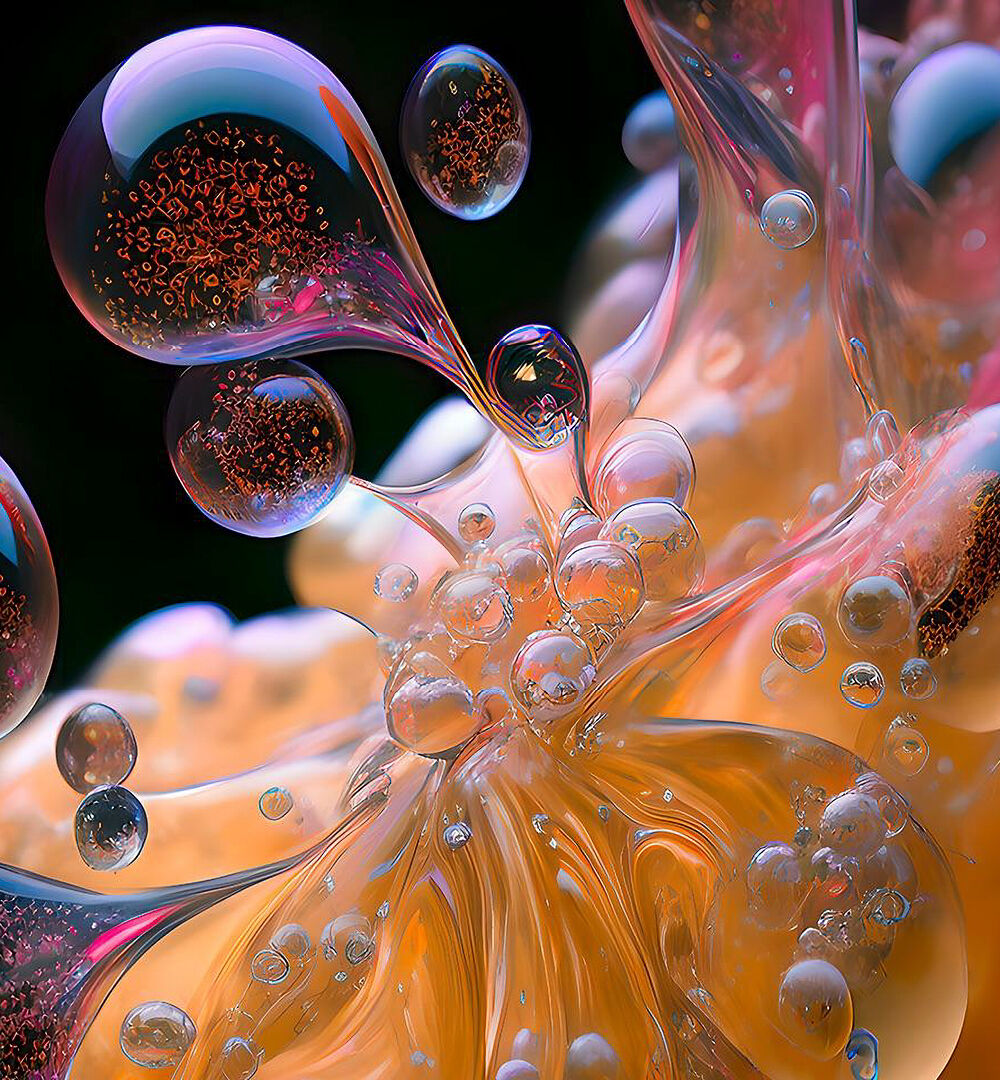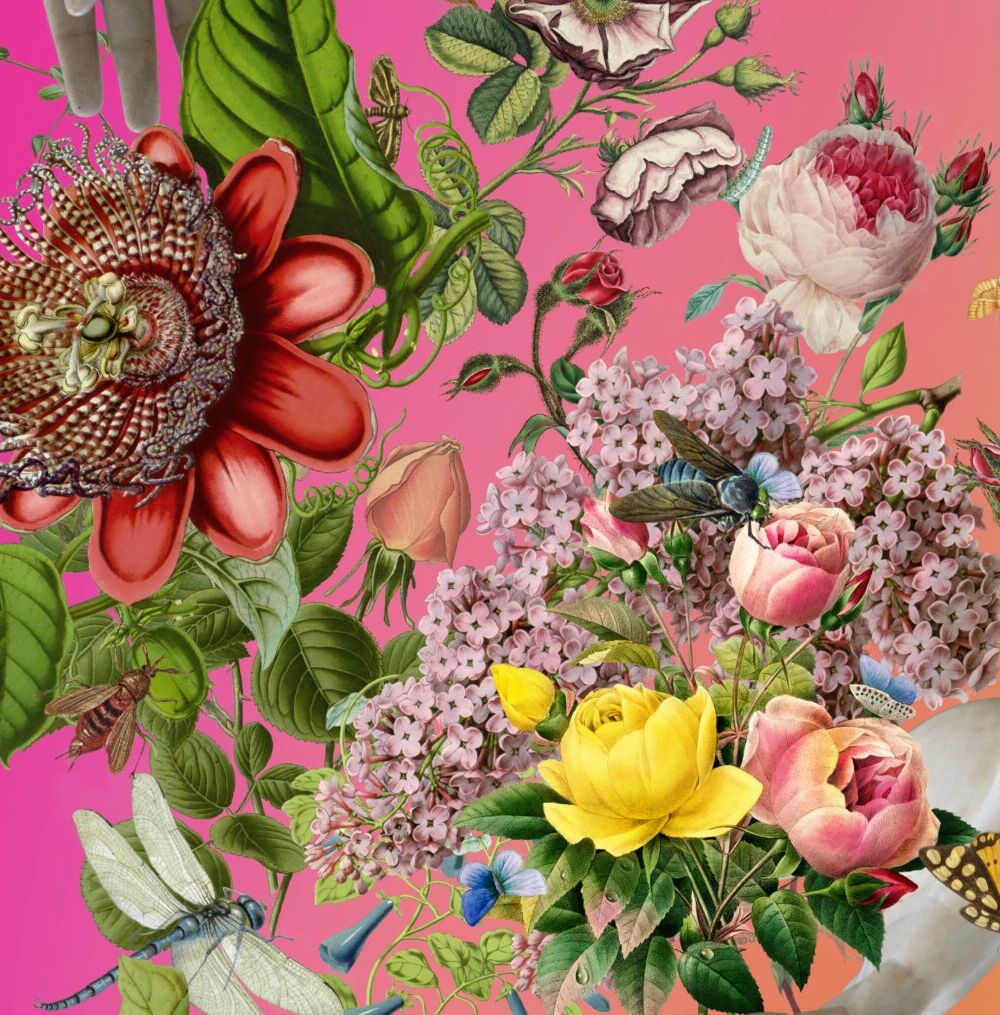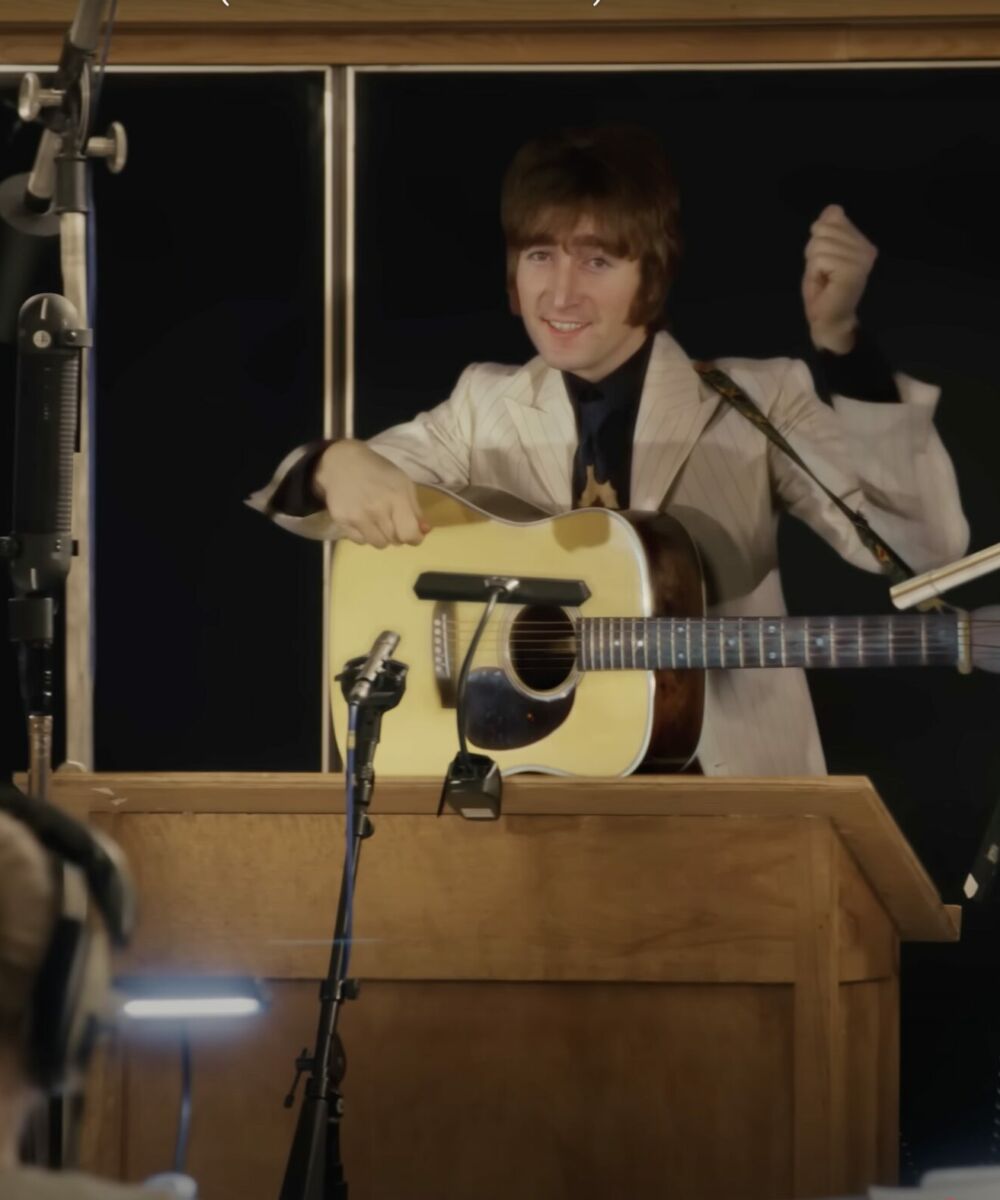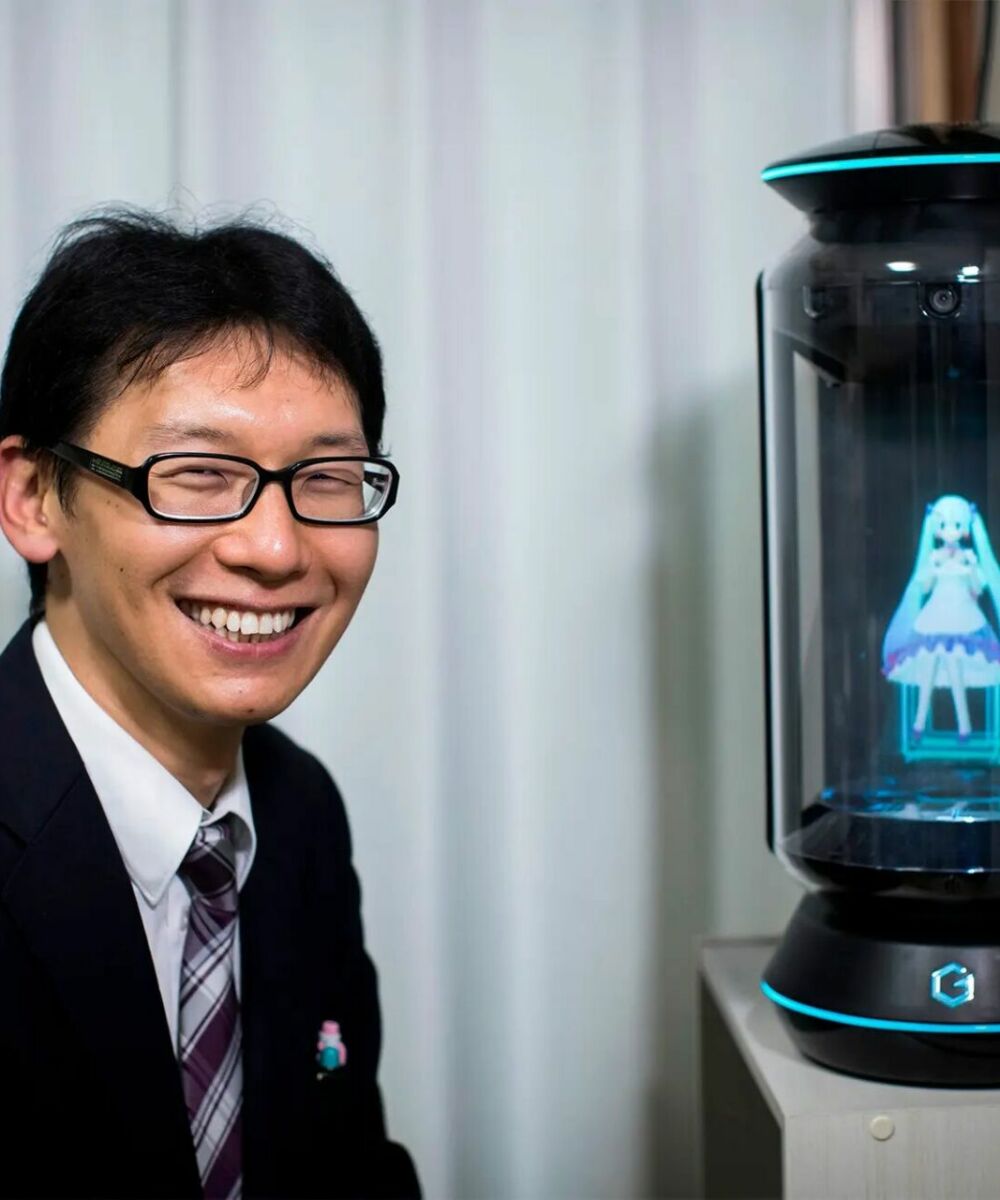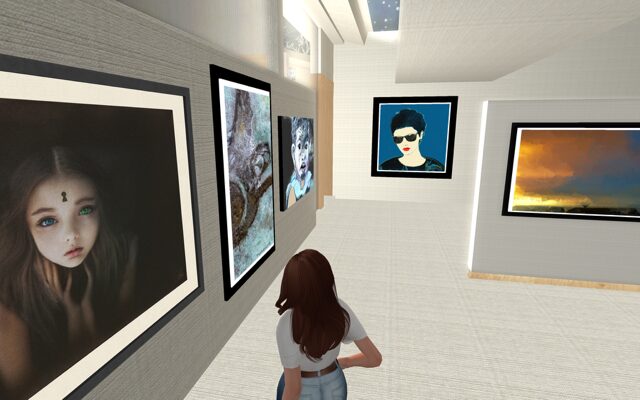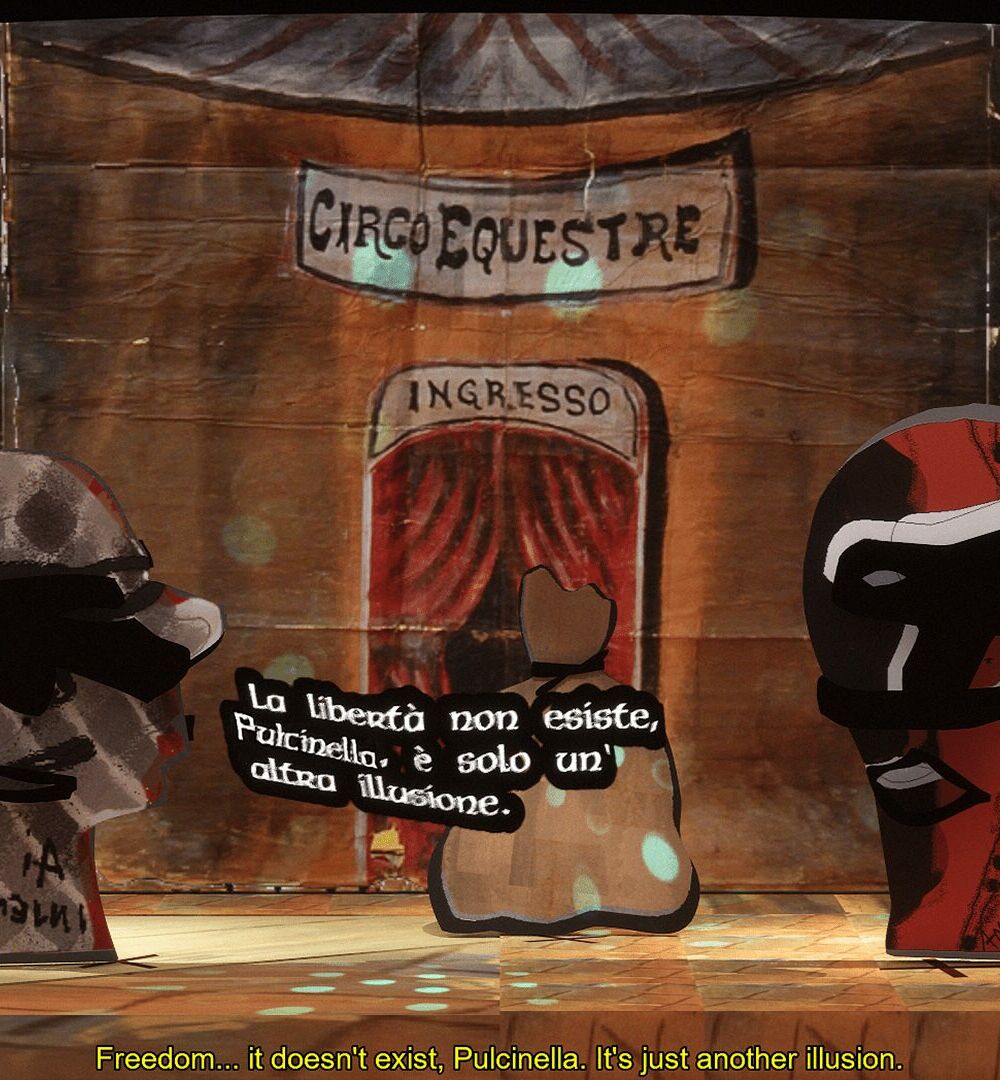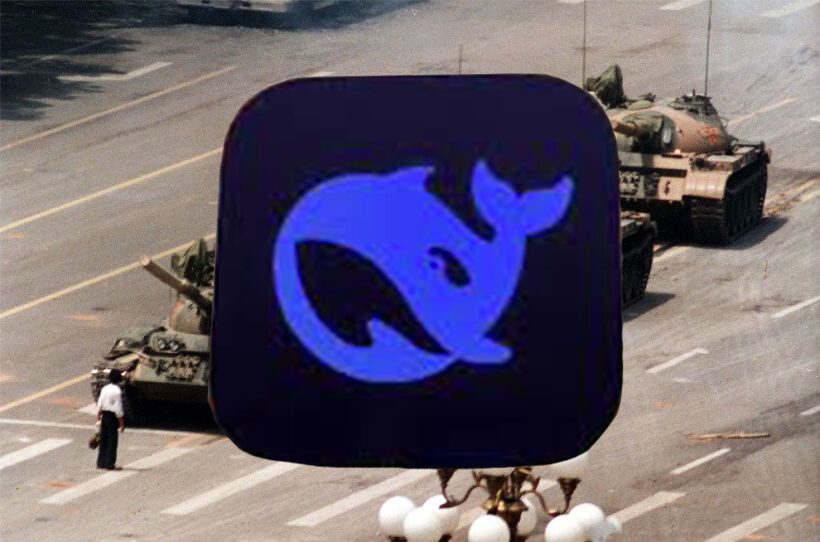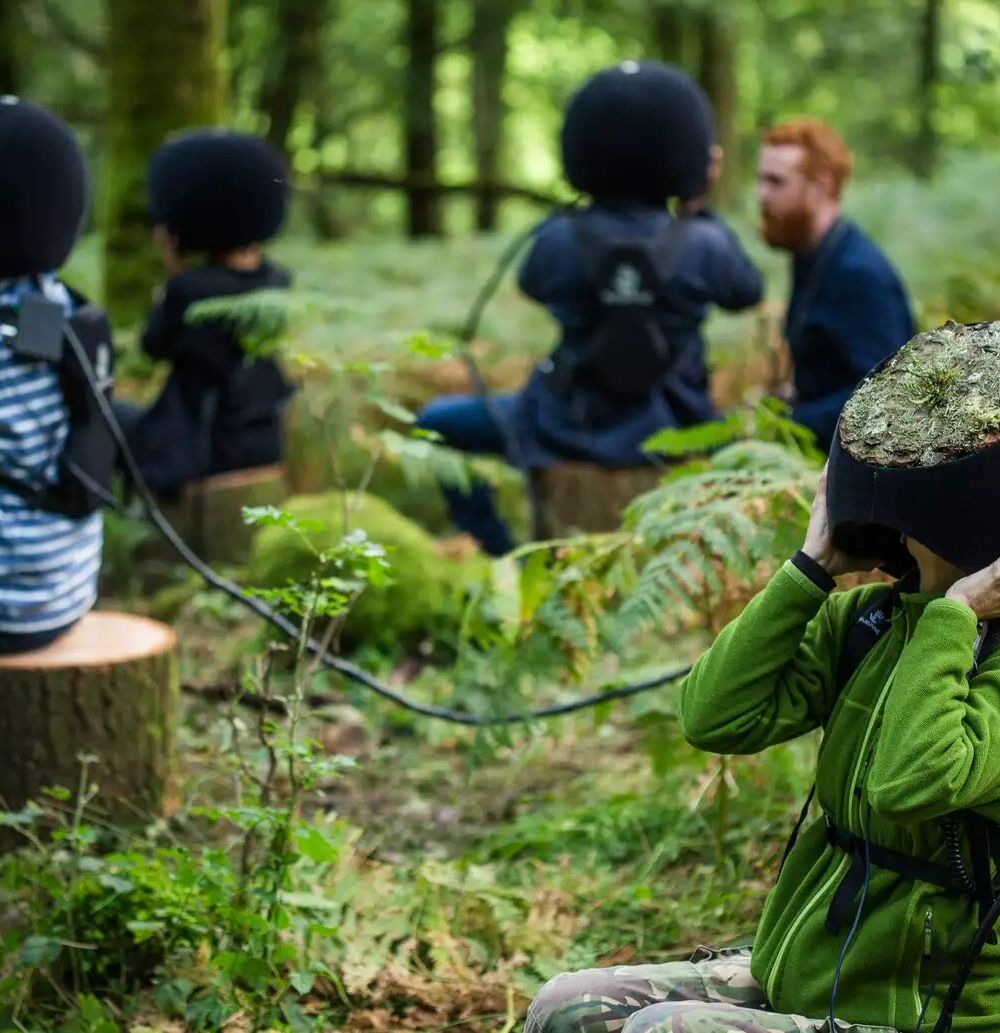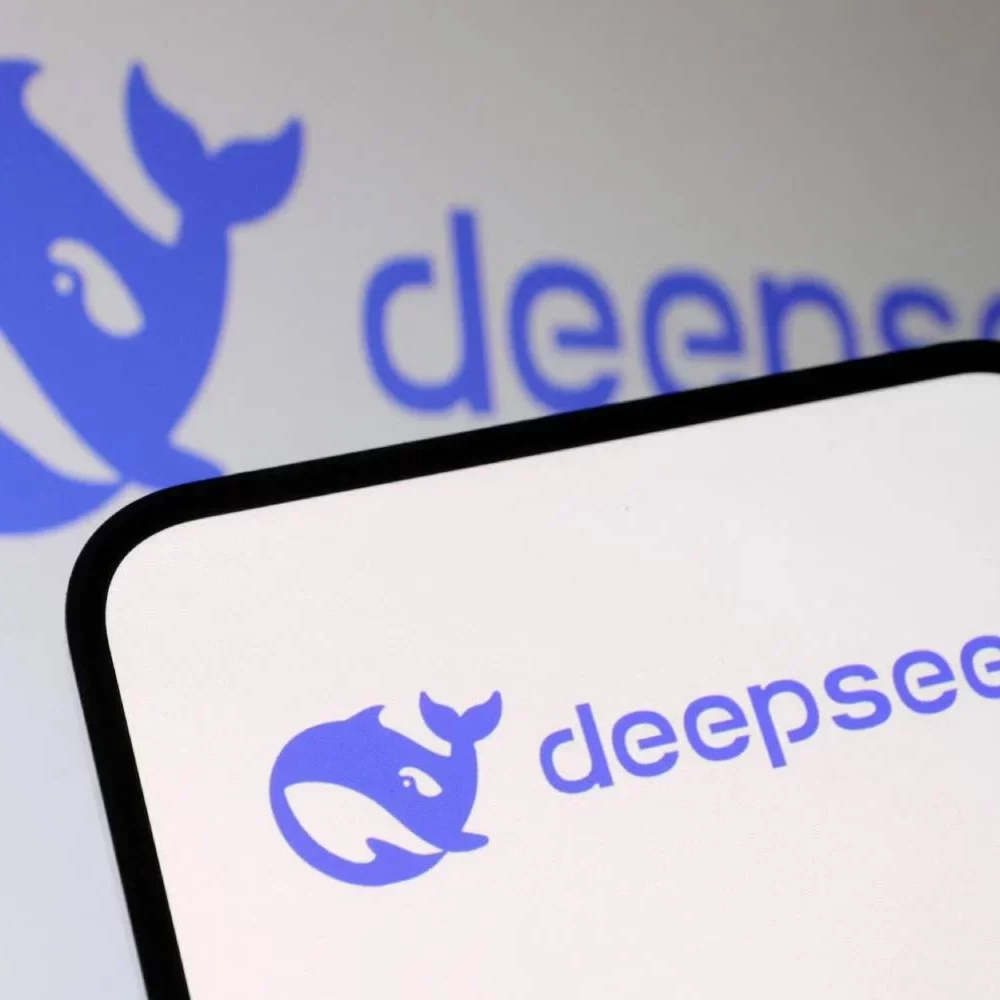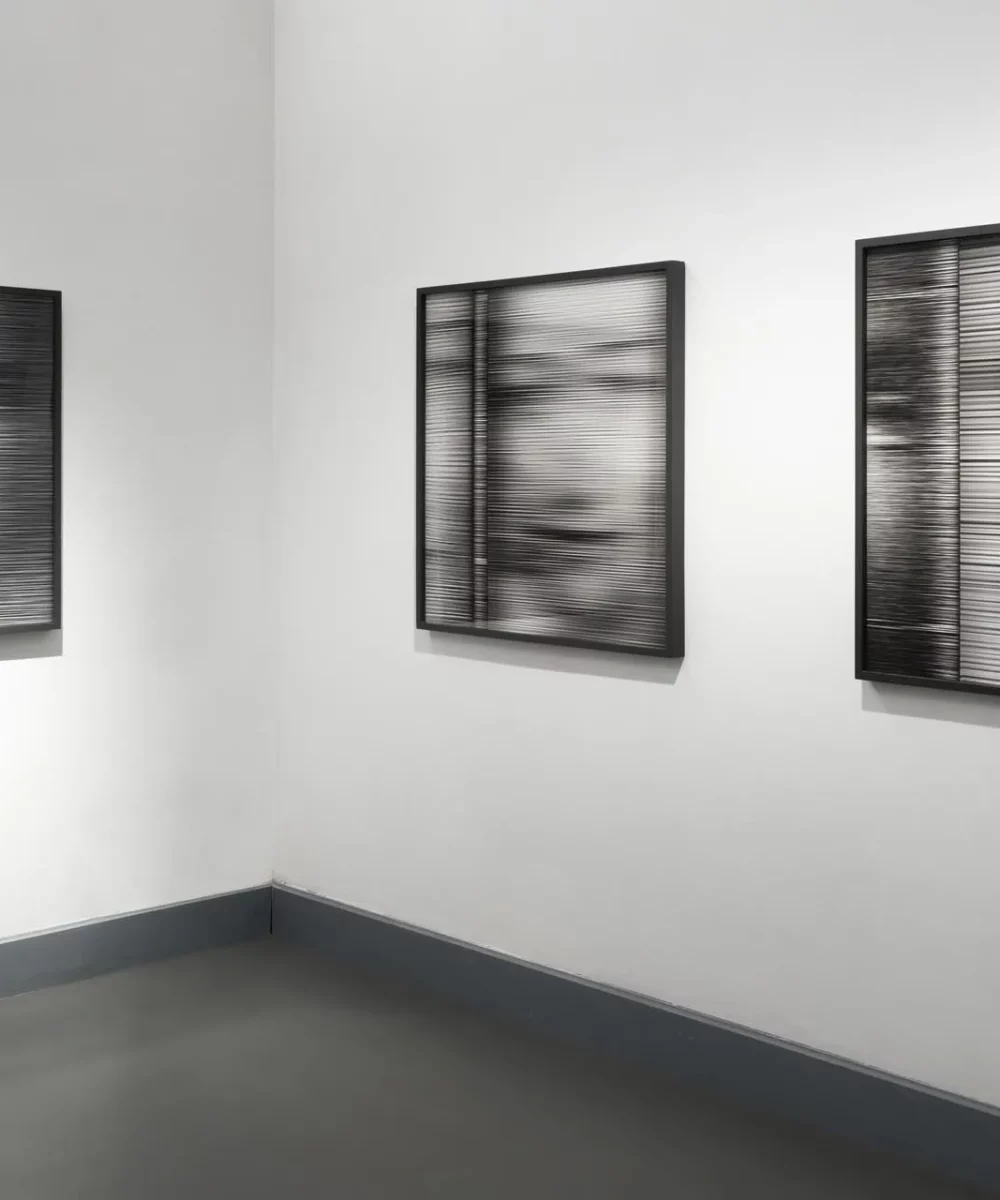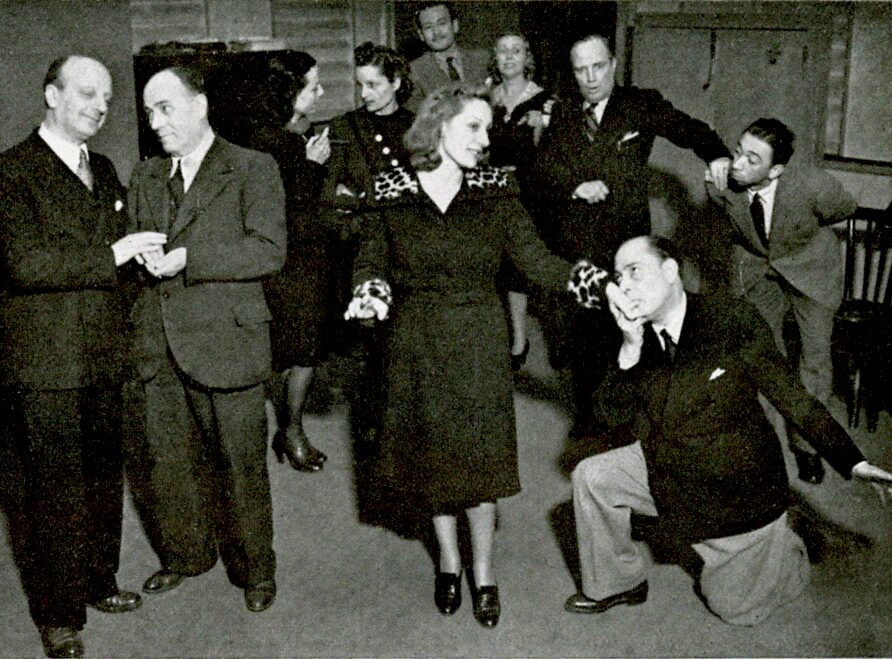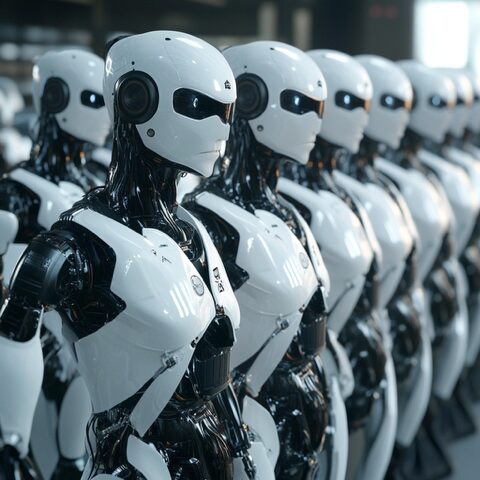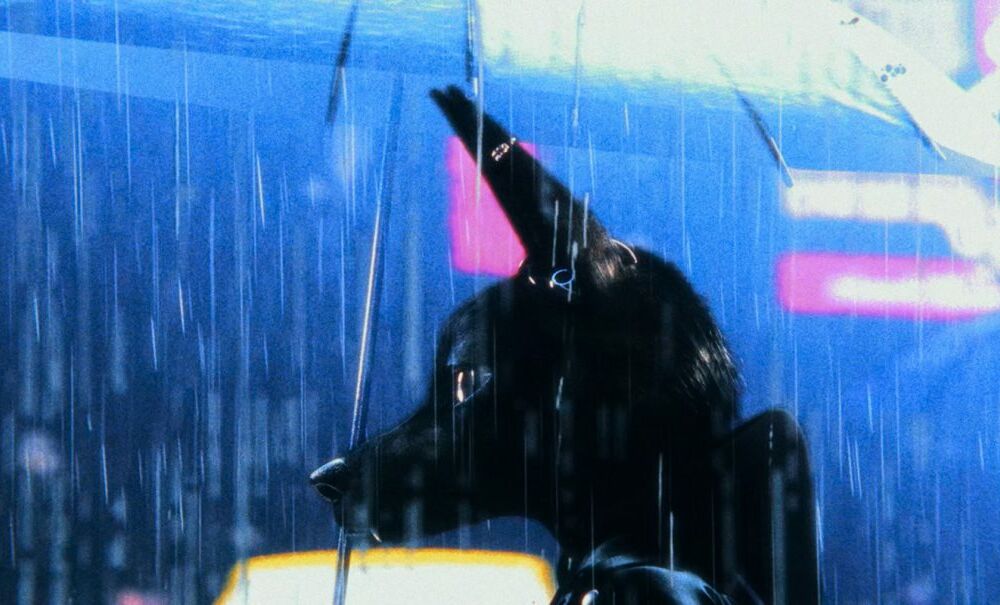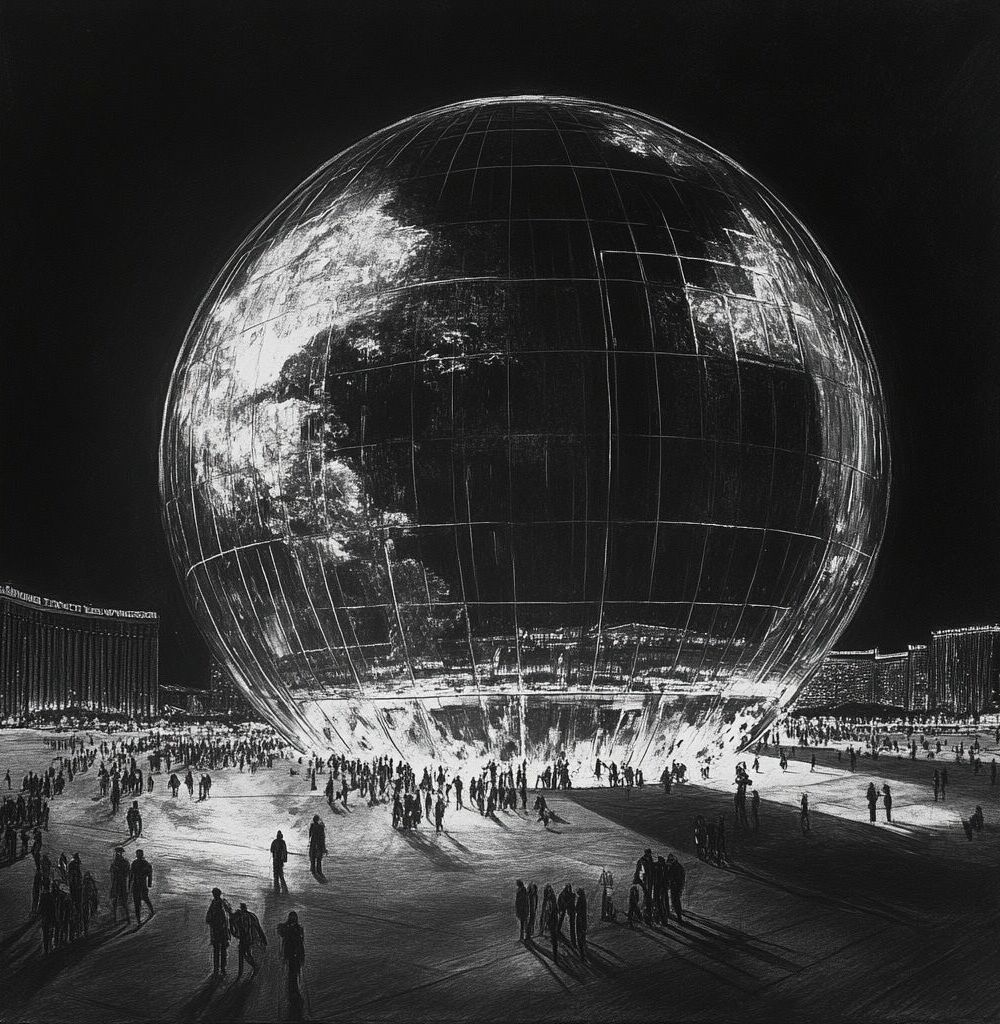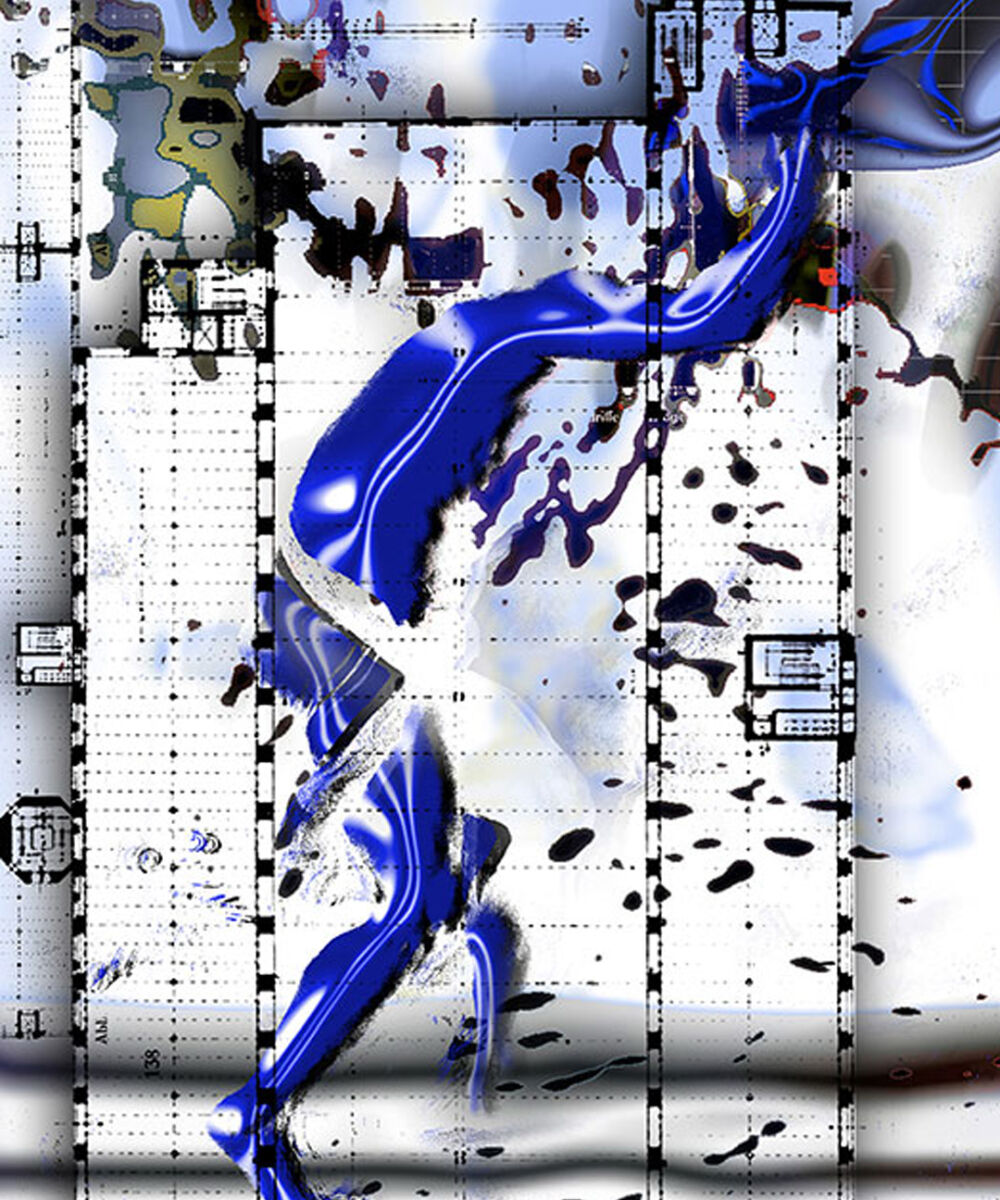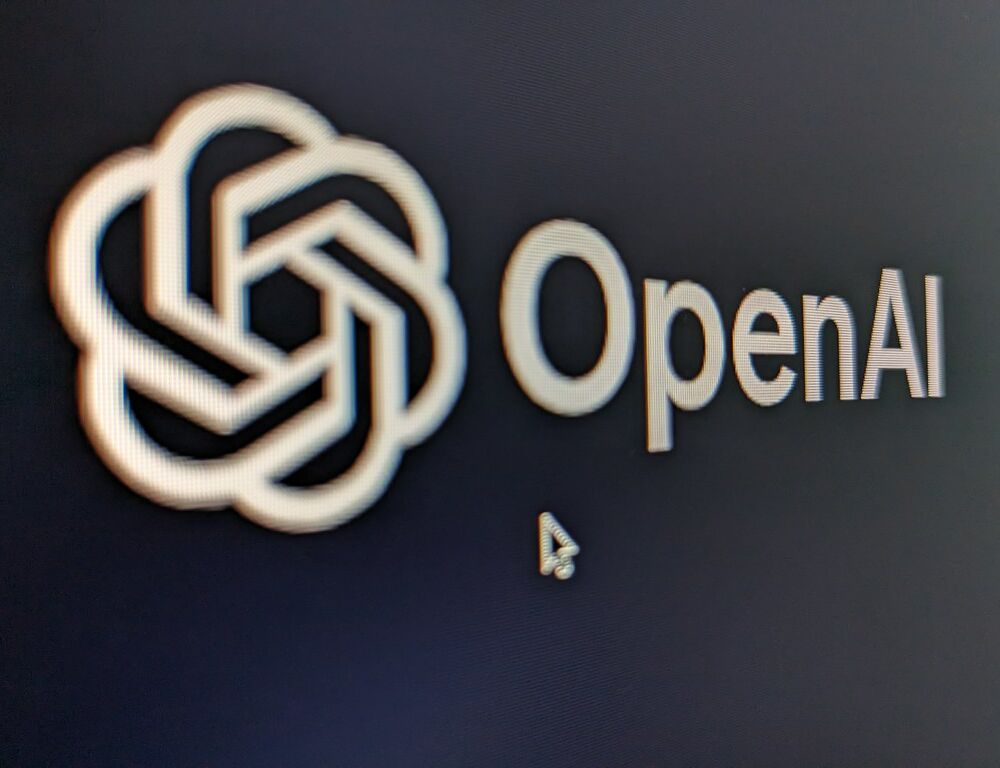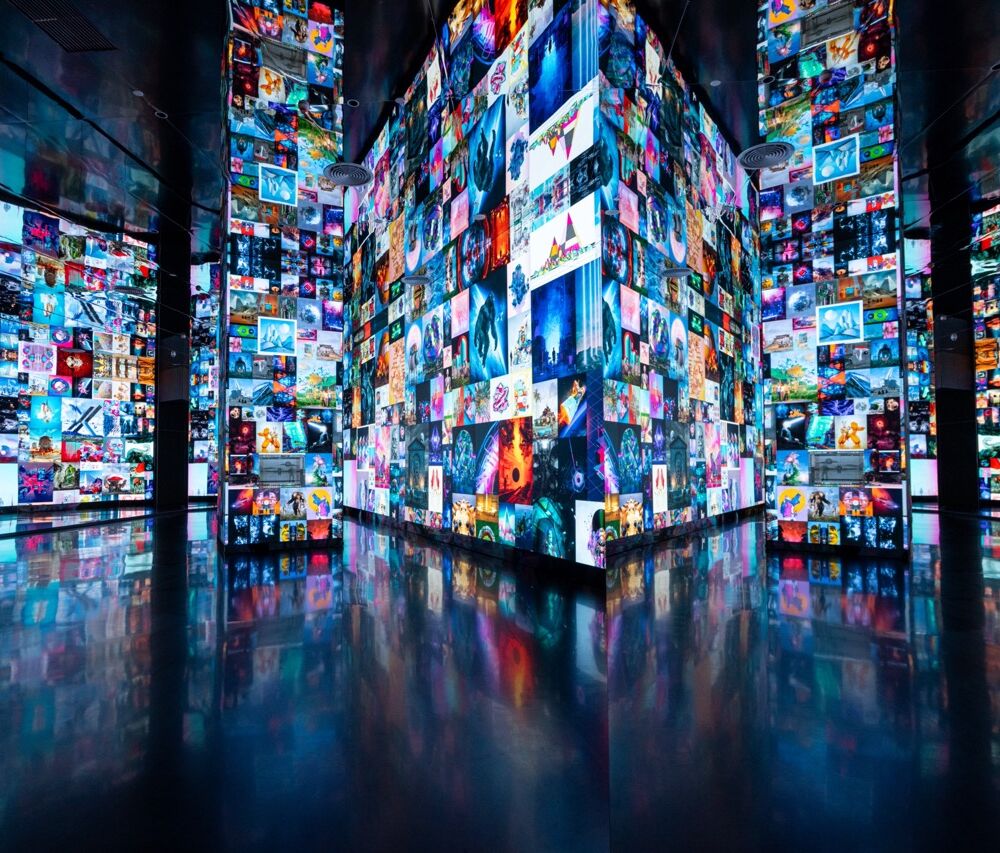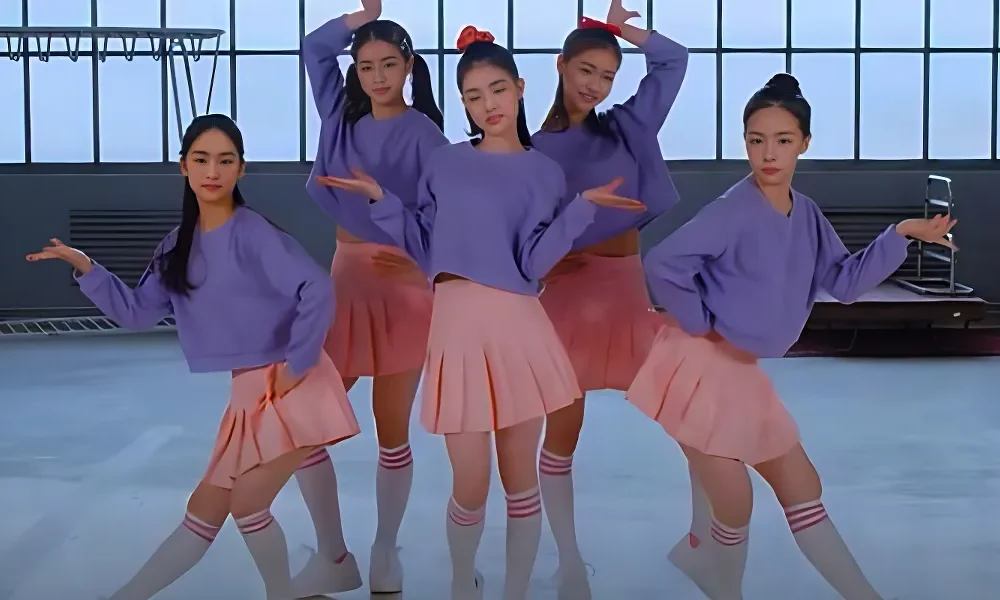There is a poignant scene in the film Her (2013), where Samantha, the voice of an artificial intelligence-powered operating system, tells Theodore she is leaving him. “I’ve never loved anyone like I loved you,” Theodore confesses to her. “Neither have I. Now we know what it means,” the software responds.
We’re in Los Angeles, in a near future where computers play a crucial role in society. However, what truly revolutionizes people’s lives is the release of a new operating system with AI, “OS 1,” capable of learning, processing emotions, and, apparently, experiencing them as well. This is how Theodore Twombly, a lonely and introverted man disheartened by his divorce from his ex-wife, begins to develop an interest that quickly spirals into an obsession with Samantha, his personalized OS with a sultry female voice (that of Scarlett Johansson). Spike Jonze’s film has the merit of having anticipated questions and fears about the implementation and mass diffusion of new technologies. Re-watching this work today, with the eyes and awareness of someone living in a world remarkably similar to that depicted by the director, is impactful and confronts us with dilemmas that, perhaps, we should have addressed some time ago.
In a society plagued by a severe loneliness epidemic, as recent studies on the topic indicate, with approximately a quarter of the global population feeling alone—rates highest among men and those under 29—chatbots and AI are filling the emotional and existential voids that haunt our lives. With a tempting promise: that of not judging us and always being available, 24/7. Thus, in China, some take their (virtual) girlfriends out to dinner, while others, like Sewell Setzer in Florida, took his own life at just 14, after isolating himself for months with a chatbot developed by Character.AI, which, according to his family, influenced him and led to his tragic decision.
In short, if Romeo and Juliet were set in our time, it’s highly likely that Juliet would be a chatbot.
Alessandro Mancini
Is a graduate in Publishing and Writing from La Sapienza University in Rome, he is a freelance journalist, content creator and social media manager. Between 2018 and 2020, he was editorial director of the online magazine he founded in 2016, Artwave.it, specialising in contemporary art and culture. He writes and speaks mainly about contemporary art, labour, inequality and social rights.


